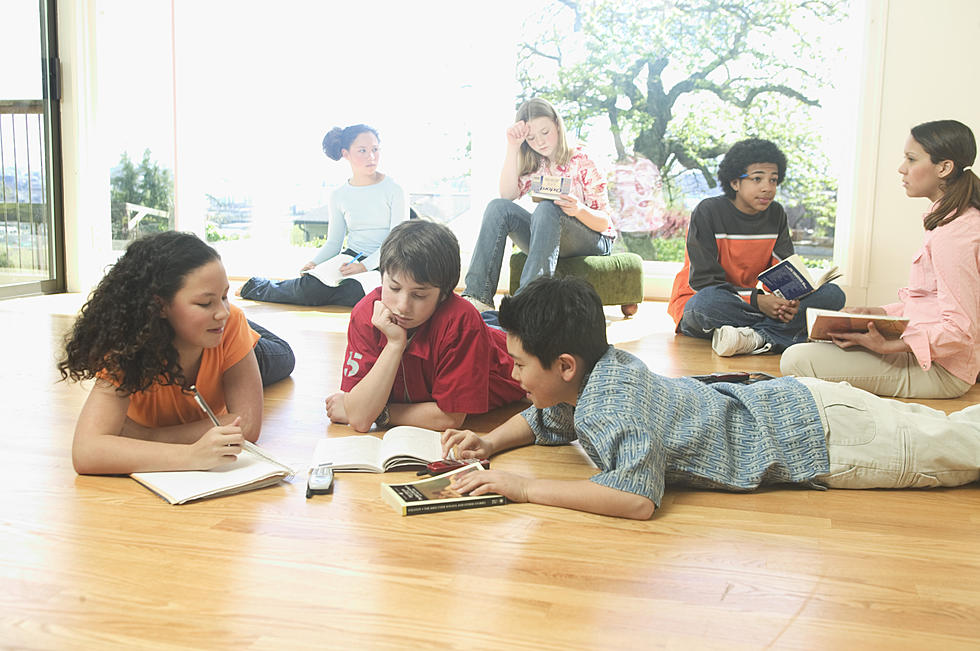
Family Psychologist Says No High-Fives for Kids or Your Boss
A family psychologist who writes a column for the Omaha World-Herald says you shouldn't high-five your child.

Psychologist John Rosemond says in a column dated October 2, "The high-five is a gesture of familiarity, to be exchanged between equals." He's apparently fine with high-fiving his other adult friends, at least the ones that are employed, and in his opinion paying their own way through life. But not kids.
Rosemond's argument boils down to respect. Respect for adults is important to a child's character development and he believes the high-five is not respectful between a child and a parent. He feels that it's good for kids to view responsible adults as people who exist on a higher plane, and that aspires children to become adults.
Really, I didn't need my parents to withhold their love or affection or a silly high-five to know they were on a higher plane. Nor did I need to feel subordinate to them to want to aspire to become an adult.
My point is, my parents, and I suspect most parents set some pretty good boundaries where they didn't need some silly rule like not high-fiving me because I wasn't on the same plane as them. Not to mention there was always the pizza paddle if I stepped way over the boundary.
So does his theory mean I can't high-five my doctor after I've lost some weight and we're happy about it? Or my boss when we're celebrating a work victory? Apparently, those high-fives are off limits too, even though I've done both.
Rosemond says you shouldn't high-five your doctor, a judge, or the President of the United States because they're not your equal either and deserving of your respect.
I get it. There are plenty of times when it's not appropriate to high-five your doctor. Or your boss, or the big boss. Not to mention, a judge, The President, or the Pope.
Although I can't picture any situation where you'd want to high-five a judge unless you play on the same pick-up basketball team or softball team or something. The President or the Pope, I suspect that depends on the situation.
Can't most of us figure out when it's appropriate to share a high-five with someone who's not necessarily our equal, and when it's not?
Is it that outrageous to expect your child to respect your authority as a parent while still sharing their joy and affection with, gasp, a high five when appropriate?
Roseland wraps up his column by saying the happiest kids are the most obedient and asks why a child should obey an adult who high-fives them. I think if your child can't accept a high-five and obey that same adult, maybe you've made a parenting mistake that withholding high-fives aren't going to fix.
LOOK: Baby names that are illegal around the world
LOOK: Here are 25 ways you could start saving money today
More From KIX 105.7










